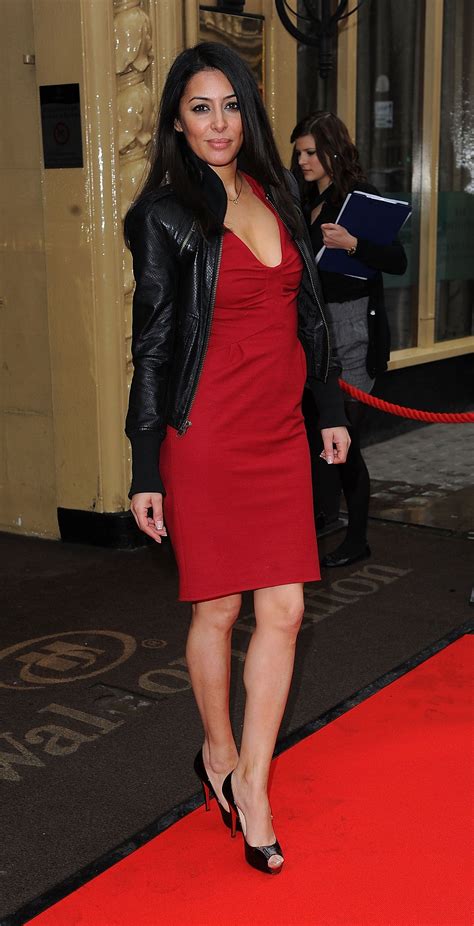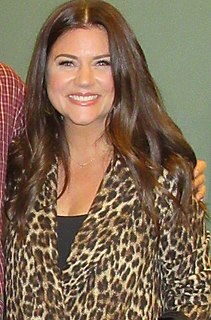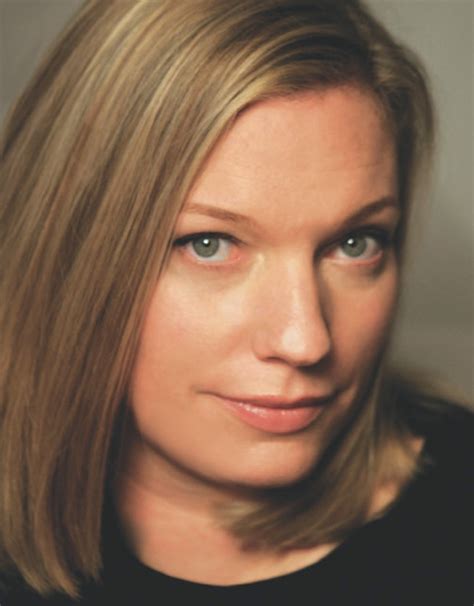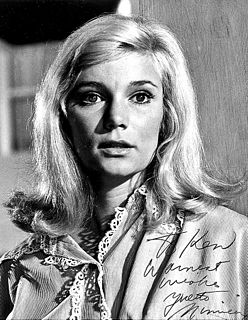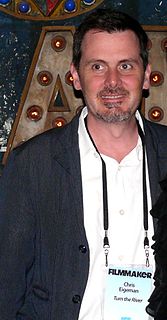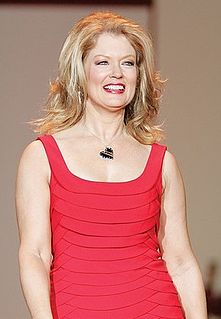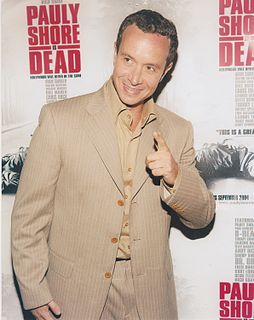A Quote by Laila Rouass
I think women are so much more interesting and sexy in their 30s and 40s.
Related Quotes
I think there's definitely much more opportunities for women now to find a role in 30s and 40s both. I think you're starting to find people really seeing that - here's the thing. It's hard for me to say and know the experience how it was ten, twenty years ago because I was only in my teens and my 20s, but I know from watching TV myself and watching film myself I see a lot more 30s and 40s on screen, which just makes me very, very happy. It's what we should be watching.
My favorite decade of cinema would be kind of the '40s, yeah. I like things in the '30s, but you know, the sound recording in the '30s wasn't very good. But for some reason the movies in the '40s have the best personalities: Jimmy Stewart, Gary Cooper, Betty Grable, Gene Tierney, and all those people. For some reason, I seem to gravitate more toward the '40s, and I don't necessarily know why. I just love the people.
When you're looking for stories or movies usually the great stories are about people in their 30s or 40s because they've lived more life and they're usually accomplishing more incredible things. But when there's an interesting story about someone that's your age, you immediately - especially when you're younger - are like, "Wow that's crazy! There's not very many of these."
